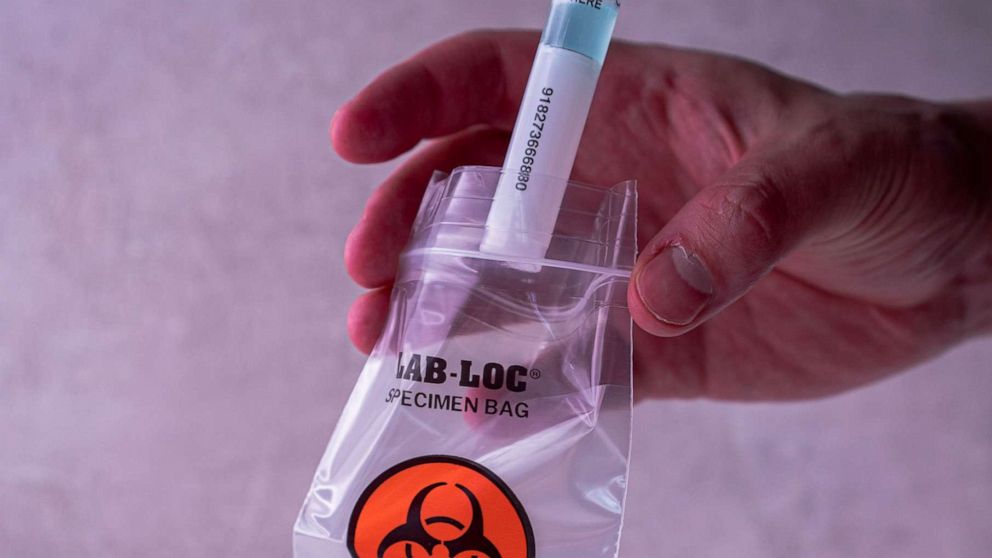A new test for the coronavirus is so simple and straightforward, almost anyone could do it: Spit a glob of saliva into a cup, close the lid and hand i
A new test for the coronavirus is so simple and straightforward, almost anyone could do it: Spit a glob of saliva into a cup, close the lid and hand it over. The at-home saliva tests doesn’t require risky face-to-face interactions or an uncomfortable nasal swabs, TheNewYorkTimes is reporting.
While not as fast to process as the speediest swab tests, saliva tests could transform the diagnosis of Covid-19. If manufactured in enough numbers and processed by enough labs across the country, they could alleviate the diagnostic shortages that have hampered containment of the pandemic and offer a less onerous way to see those who are infected.
The first saliva-based test, already being offered in parts of New Jersey, detects genetic material from the virus, just as the existing tests do, but it avoids a long swab that reaches disturbingly far up a person’s nose. For the saliva-based, health care workers do not need to wear and discard precious gowns and masks. And early evidence suggests it is just as sensitive, if not more so than the swabs.
Because the saliva test relies on equipment that is widely available, it also offers the hope of a global rollout without encountering the supply problems that have plagued the swabs.
Experts not involved with the test praised it as a welcome solution to diagnostic shortages across the country.
The saliva is immersed in a liquid that preserves it until it can be analyzed. This will be particularly important for developing tests that people can use at home and mail or drop off at a lab, or when dealing with large numbers of samples.
The swabs are known to produce false negatives — perhaps in part because of errors by health care workers under stress. The saliva test appeared to be more consistent and accurate over a longer period of time, detecting infections even after the amounts of the virus have waned, than the swab.
